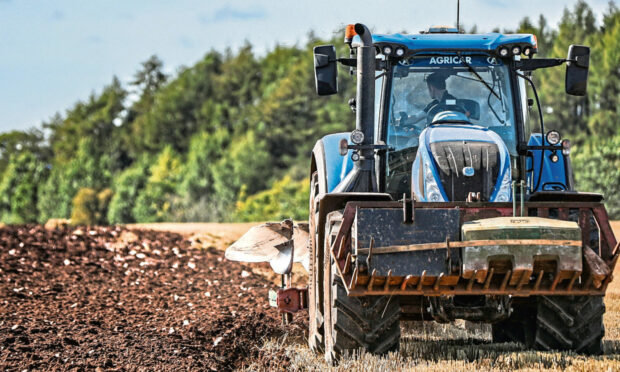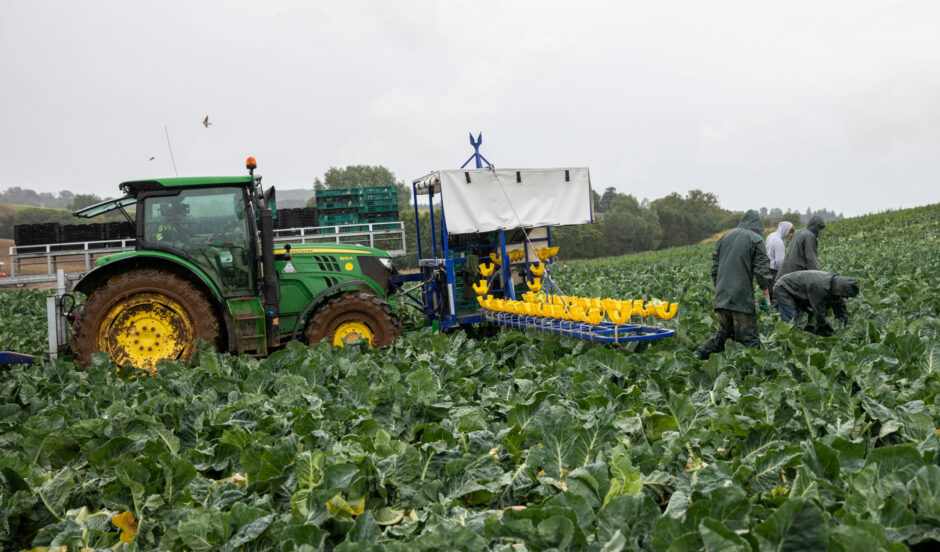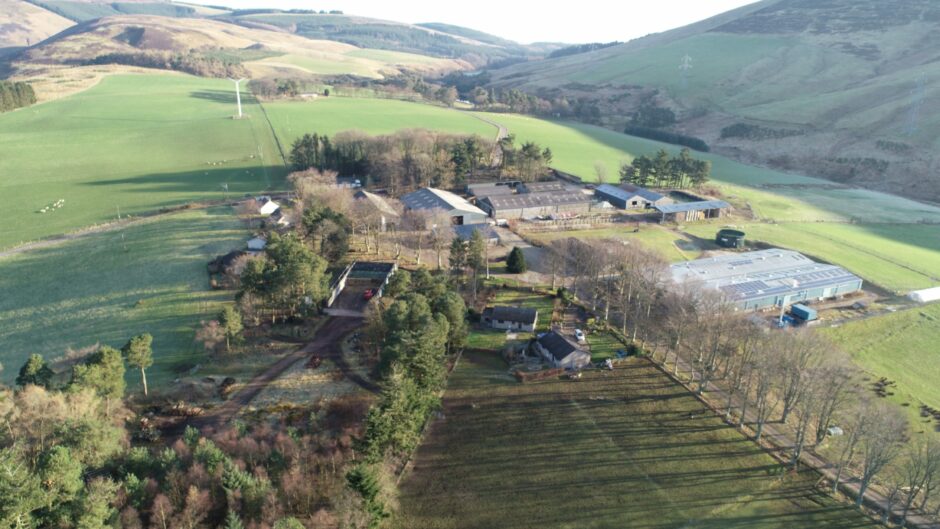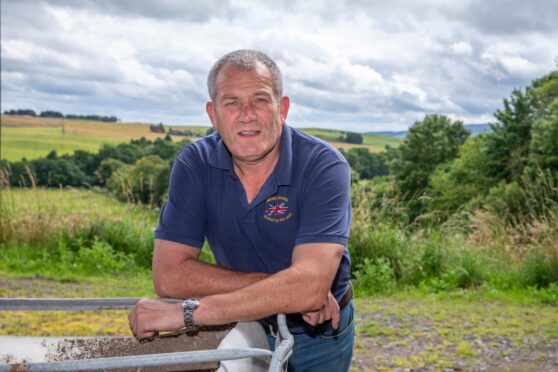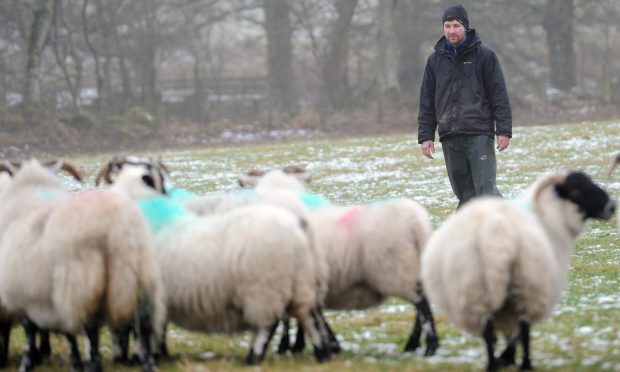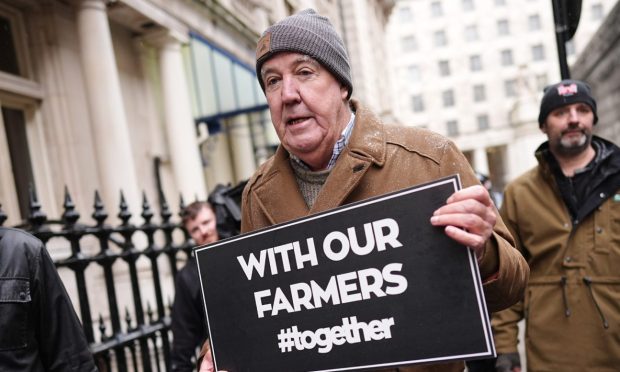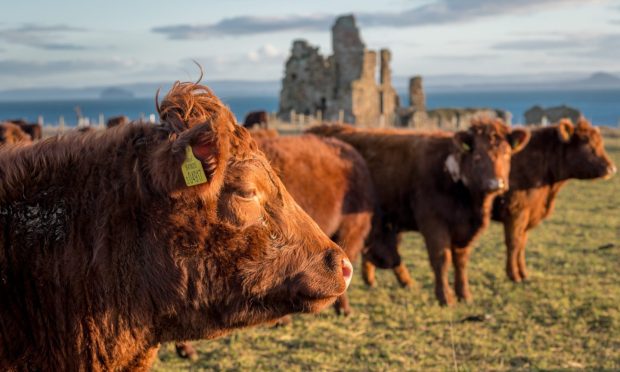Optimism and ambition for farming can come as a shock when you’re used to being bombarded by press releases that focus on negativity and despair.
However, there has been plenty evidence at a number of recent events – including this week’s large SAOS gathering in Dunblane – that Scottish agriculture is far from being as depressed, despondent and on the verge of throwing in the towel as NFU Scotland (NFUS) would have us believe.
The union started the year in the same way as it ended 2022, focusing on threats and uncertainty, but when a packed room of progressive, co-operatively minded SAOS delegates was asked to vote in an electronic poll on how positive they felt about the prospects for Scottish food and farming over the next 10 years, around 50% said they were “positive”, 14% were “very positive”, 33% were “unsure”, and only 2% felt “negative”.
In response to a second poll, which asked if they saw climate change as a threat or an opportunity, 65% viewed it as an opportunity and 35% considered it a threat.
Enthusiasm isn’t always at its height in mid-winter, but twice this week farmers have been urged to make more noise about the outstanding work they’re doing, the quality food they produce, and how much they contribute to the wider economy.
At the Association of Potato Producers meeting in Dundee, growers learned their industry had a value of £4.5billion if all the upstream and downstream impact was taken into account. And, at SAOS, the message was for primary producers to be confident about their quality produce and more aware of consumer trends to be better able to negotiate with buyers.
The upbeat mood at several meetings was underpinned by presentations from scientists and agronomists, who outlined emerging solutions to some of
the challenges posed by high inputs and growing environmental demands.
They included new crop protection products, scientific breakthroughs with potato breeding, and local research at Glensaugh that will assess the possibility of powering an entire glen with hydrogen.
The chat around the lunch tables wasn’t all rosy, of course, and there will always be producers who are struggling, but if you relied on the farmers’ union for a barometer of mood of Scottish farming you’d get a very skewed reading.
It would be to everyone’s benefit if their annual gathering in Glasgow next month reflects the broader picture and strikes a more positive approach.
